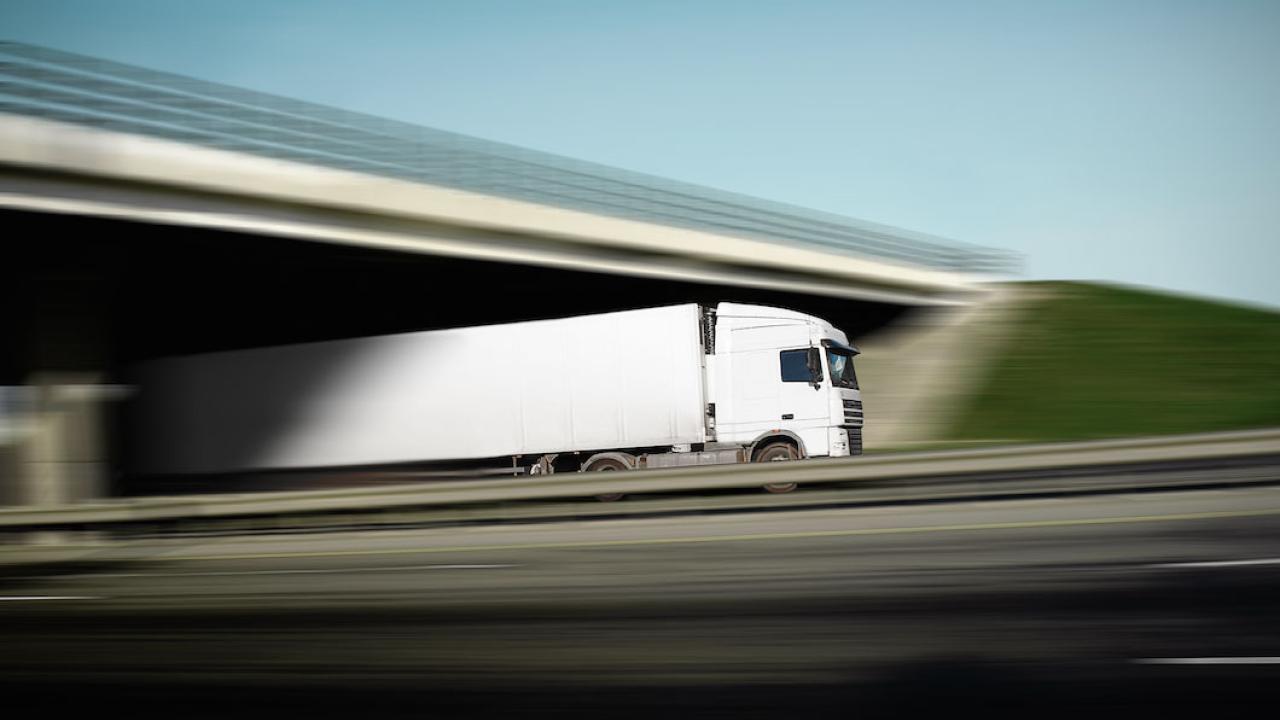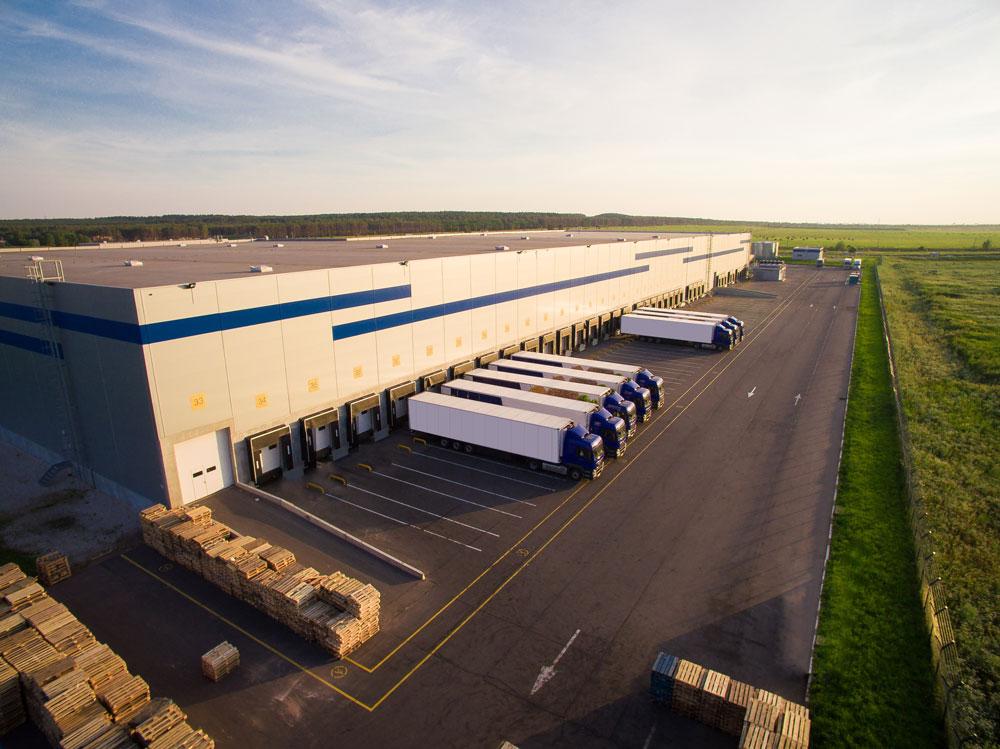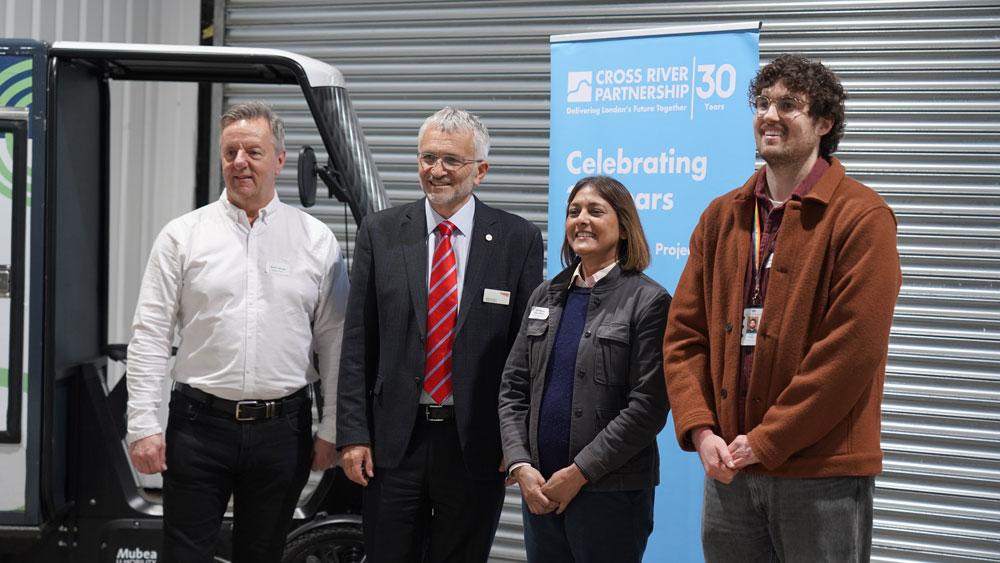Frozen food temperatures could be changed by just three degrees to save the carbon dioxide emissions of 3.8 million cars per year, research suggests.
Most frozen food is transported and stored at -18°C, a standard that was set 93 years ago and has not changed since.
A move to -15°C could make a significant environmental impact with no compromise on food safety or quality, the study found.
The experts, from the Paris-based International Institute of Refrigeration, the University of Birmingham and London South Bank University, among others, found that the small change could save 17.7 million metric tonnes of carbon dioxide per year, the equivalent annual emissions of 3.8m cars annually.
It could also create energy savings of around 25 terawatt-hours (TW/h) - equivalent to 8.63% of the UK’s annual energy consumption, and cut costs in the supply chain by at least 5% and in some areas by up to 12%.
The research was supported by DP World, which has set up an industry-wide coalition to explore the feasibility of this change, named Join the Move to -15°C.
This coalition aims to redefine frozen food temperature standards to cut greenhouse gases, lower supply chain costs and secure food resources for the world’s growing population.
The coalition has already been joined by leading industry organisations including: U.S. based AJC Group, A.P. Moller – Maersk (Maersk) of Denmark; Daikin of Japan; DP World; the Global Cold Chain Alliance; Switzerland’s Kuehne + Nagel International; U.S. based Lineage; Mediterranean Shipping Company (MSC) of Geneva; and Singapore-based Ocean Network Express (ONE).
Maha AlQattan, Group Chief Sustainability Officer at DP World, said: “Frozen food standards have not been updated in almost a century. They are long overdue for revision.
“A small temperature increase could have huge benefits but - however committed each individual organisation is - the industry can only change what’s possible by working together.
“With this research and with our newly formed coalition, we aim to support collaboration across the industry to find viable ways to achieve the sector’s shared net zero ambition by 2050.
“The Move to -15°C will bring the industry together to explore new, greener standards to help decarbonise the sector on a global scale. Through this research, we can see how we can deploy accessible storage technologies in all markets to freeze food at sustainable temperatures, while reducing food scarcity for vulnerable and developed communities.”







